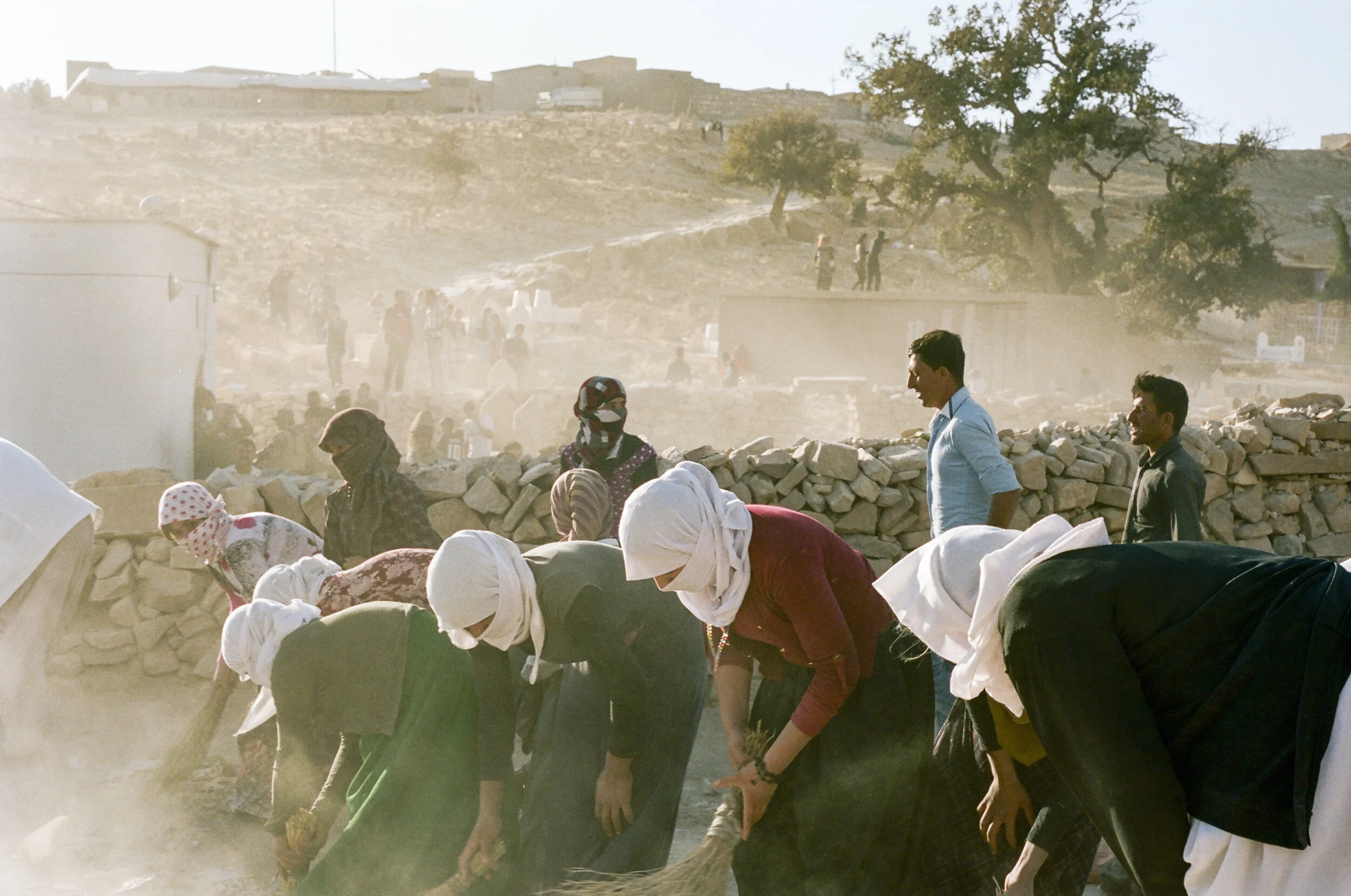
Women from Minority Faith Groups are Persistently Targeted with Violence and Discrimination
Why are women of minority faith groups indispensable to their communities?
Women from minority faiths play a crucial role in preserving the heritage of their faith. They are the backbones of their families, stand as pillars of strength in their communities, and provide the foundation of their societies. Women often support other women of faith to uplift each other. They play an indispensable role in society as mothers, teachers, professionals, and community leaders to preserve their faiths. When women's quality of life and psychological well-being are prioritized and protected, there is room to pass on religious traditions and the motivation to ensure they endure for future generations.
However, women from minority communities continuously face discrimination and violence for their double vulnerability: not only for being women but also for following a different faith from the majority. The tremendous consequences of this double vulnerability are not only borne by an individual woman, but by the men who stand beside her, the children who rely on her, and the community that thrives upon her development. When a woman is undermined, her family and her entire faith community can fall apart, risking its disappearance.
How do we define the struggles they face?
Perpetrators are aware of the importance and unique role of women in keeping ancient minority groups thriving. In attempts to eliminate those groups, perpetrators have strategically targeted women: namely, in the Middle East, where persistent conflict is marked largely by the persecution of religious minorities, and SGBV in conflict has become a widespread and sharply wielded tool of war. The motivation for such attacks by perpetrator groups lies in attempting to destroy the most important pillar of the family — its women and girls — in order to ultimately destroy the entire minority religious community.
The significant stigma surrounding purity culture for women held by religious communities, leaders, and family members means that women who are victims of sexual violence are often ostracized by their own families and communities. After the assault, they are frequently viewed as inferior and unable to meet societal, religious, and family obligations. By creating a lower status for women of religious minority communities in their respective countries, perpetrators exploit their double vulnerability to try and relegate them to the base of the social hierarchy.
How can we end their oppression and discrimination?
Speaking up against these stigmas is a crucial step towards putting an end to women's discrimination. Currently, women's experiences and initiatives are often repressed, rendering them virtually invisible and denying their ability to contribute to society. This reality stops many women from reporting violence, discrimination, or persecution and is exacerbated following SGBV in conflict, leading survivors to hide their experiences and trauma. This behavior can result in an insurmountable emotional and psychological toll, as well as a lack of proper medical, emotional, and legal support, furthering impunity for such acts.
These responses ensure that such broken communities can never truly be repaired, thus hastening the community’s decline or even disappearance. The persecution of these women is not only a crime against the individual woman herself, but a calculated and deliberate crime against her community for the purpose of attacking and destabilizing it.
Approaching issues such as sexual and gender-based violence from a perspective informed by both FoRB and women’s rights is extremely positive for women from minority groups because of their higher risk of vulnerability and lesser access to resources. This approach gives all women the option to freely live their lives and openly practice their beliefs with dignity. Women of minority faiths have the right as much as anyone in society to exercise their religious beliefs without fear of violence. For that reason, engaging their own religious and political leaders to gain recognition of women's rights and dignity is essential so that women of faith can continue to be the foundation of their communities.